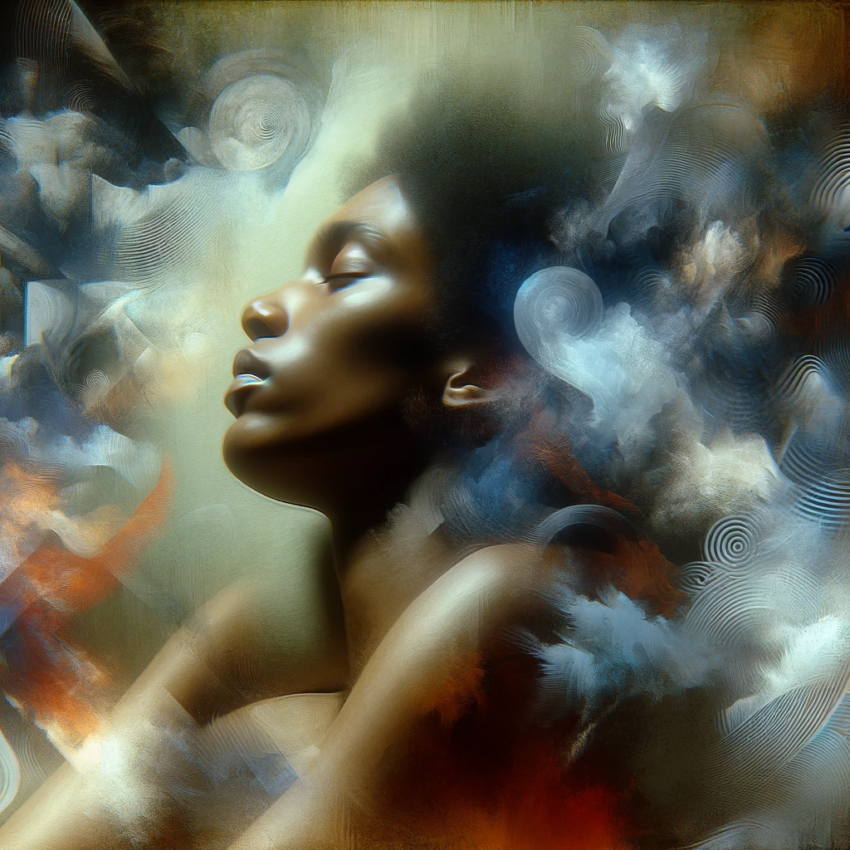by Tara E.
Updated January 7, 2024
Understanding Sleep Drunkenness: An Updated Overview
Have you ever woken up feeling disoriented, as if you had been drinking the night before, despite not having consumed alcohol? This phenomenon is known as “sleep drunkenness,” or confusion arousal (CA). It involves difficulty recalling details from dreams or waking life, and can lead to unusual behavior.
Symptoms of Sleep Drunkenness
Individuals with CA often experience:
- Confusion and disorientation upon waking.
- Impaired motor skill coordination.
- Restlessness and tossing in sleep.
- These symptoms might lessen with age, but waking disorientation remains consistent.
Causes of Confusion Arousal
CA can arise from various triggers:
- It’s not just associated with a full night’s sleep; napping can also lead to CA.
- Common in those experiencing jet lag, especially frequent CA sufferers.
- Forced awakenings and night shift work can increase the risk.
Prevalence of Confusion Arousal
A study involving 19,136 people aged 18 and older from the US population found that:
- 15.2% reported CA incidents in the past year.
- 53.8% experienced at least one episode weekly.
- 24.7% had 2 to 5 episodes monthly.
- CA affects both genders equally.
Memory recall varies, with some remembering the events and others having no recollection.
Risks Associated with Sleep Drunkenness
While often harmless, CA can lead to dangerous situations:
- Risk of self-injury or injuring others, including bed partners.
- Extreme cases include unintentional aggressive actions or hazardous activities, such as the reported instance of a man jumping from a cruise ship during a CA episode.
Who Is at Risk?
Increased risk for those with:
- Sleep disorders (e.g., sleep apnea).
- Mental health conditions (depression, bipolar, anxiety, PTSD).
- 84% of CA sufferers in a study also had a sleep disorder, 37% had a mental illness.
- Use of psychotropic medications.
Treatment and Management
Managing sleep drunkenness involves:
- Establishing a consistent sleep routine to improve sleep quality.
- Ensuring a safe, comfortable, and distraction-free sleep environment.
- Consult a doctor if symptoms persist to explore underlying causes.
Recent research emphasizes the importance of sleep duration in managing CA. Individuals sleeping fewer than six hours or more than nine hours per night showed a higher incidence of sleep drunkenness. Thus, balancing sleep duration is crucial in reducing the risk and frequency of CA episodes.
More Articles from Mahogany Speaks to You
- 8 Reasons We Yawn
- Are Cooling Blankets Worth Your Money?
- Stress Management: Five Ways to Kick Stress in the A**
- How to Sleep Better at Night
- The Strange Phenomenon of Texting While Sleeping
- Is My Thyroid Slowing Down? Signs You Might Have Hypothyroidism
- I Feel a Lump in My Throat. Do I Have Thyroid Cancer?
- My Back Hurts. Are Back Massagers Legit?
